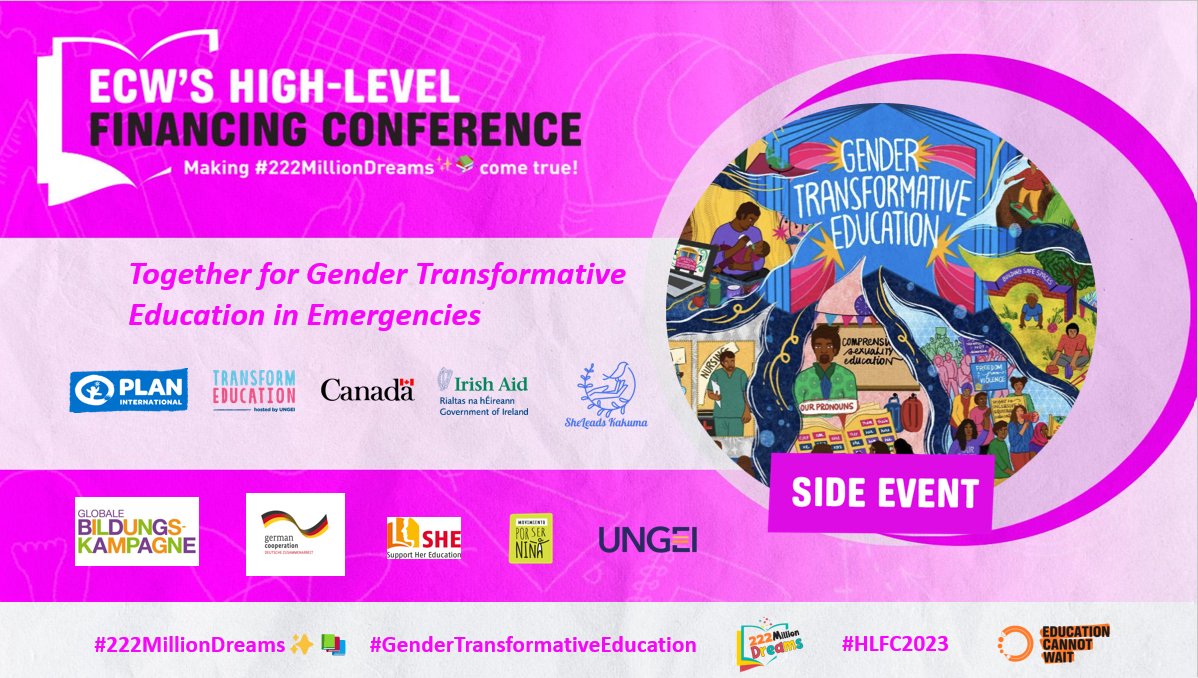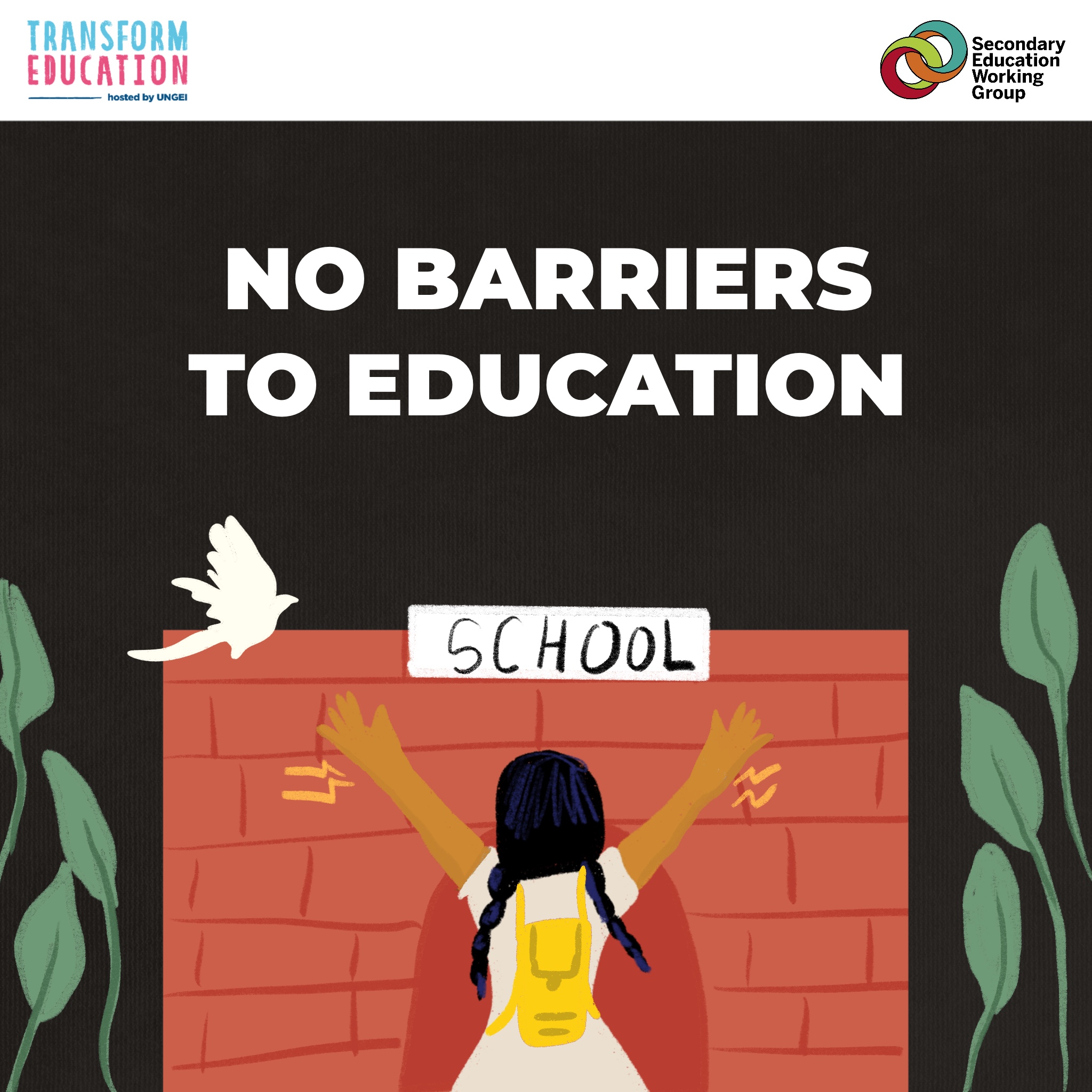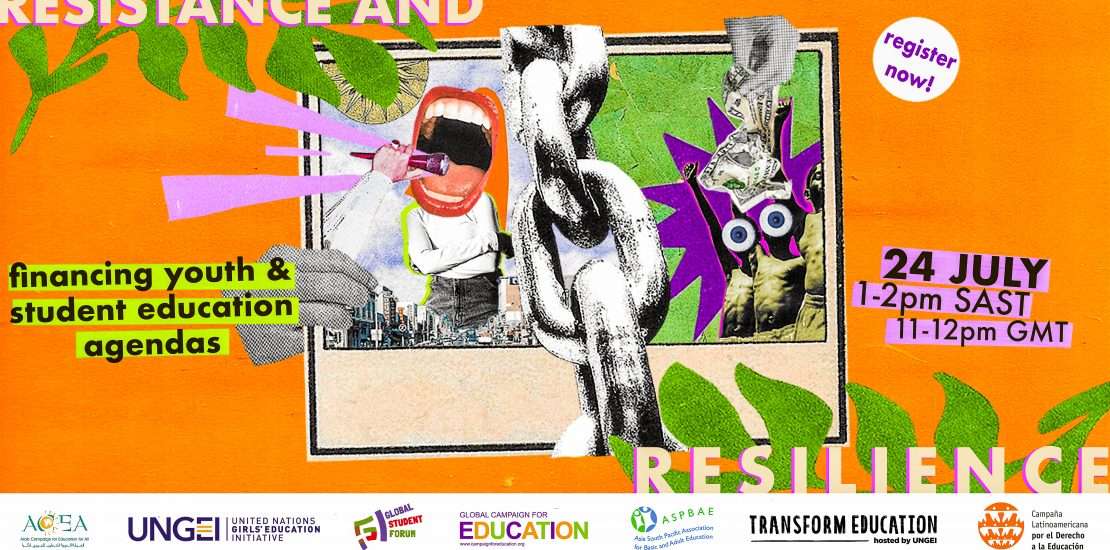At the Commission on the Status of Women (CSW), the annual meeting to negotiate a global agenda on gender equality, the role of young people often felt dubious. While official UN side events are held throughout the two weeks of negotiations, young people are only present to ask questions of so-called experts. Some young people serve as official representatives on their government’s negotiations, but are sent home before the second week when negotiations become intense and trade-offs and agreements are made even begins.
For me, this troubled relationship between the institution of the UN and young advocates reached a pinnacle during the ‘High Level Intergenerational Dialogue “Take the Hot Seat’’’, one of two official side events for young people at which sat two young women moderators for a panel of older ‘experts’. In actual fact, I barely remember the dialogue itself, only its prepared and stilted nature. I was trying to listen while also speed typing language suggestions for my government’s input to Revision 2 of the negotiated text. Language submissions were due around midday, the same time that the ‘Dialogue’ finished.
As CSW Chair Geraldine Byrne Nelson commented twenty minutes before the Dialogue ended, “you need to be talking to your governments now, in 15, in 20 minutes, before the negotiations get underway”. To gather all the young people in a room to listen at a time when the most effective way to ensure your voice had an impact was by talking to and pressuring your government delegation seemed to me to undermine the importance of the youth participation that the panellists were advocating for.
Fast forward two days, and I was at a very different side event on ‘Comprehensive Sexuality Education (CSE) for Youth’, co-hosted by the UN Population Fund (UNFPA), UN Girls’ Education Initiative (UNGEI) and the Youth Coalition for Sexual and Reproductive Rights (YCSSR).
Both the format and feel could not have been more different — three young activists spoke as experts alongside two of their senior counterparts and there was space for discussion led by a team of young people from organisations spread across the world, many of whom met for the first time that week. Creativity and alternative ways of thinking were showcased and valued in the form of a mural made by activists involved in the event, and I was asked to facilitate a short, mindfulness exercise to create some breathing space half way through. Even snacks and tea were provided, an important detail in a week where many young activists skipped meals to quite literally afford their place at the table.
That’s to say, the event itself was disruptive. It overturned the gated and professionalised nature of the UN, and knocked down the barriers that prevent people in all their diversity from actually participating, whether those barriers be imposter syndrome, stress, difficult personal experiences, hunger, or simply not believing their perspective to ‘fit’.
Mirroring the process itself, the words of panelists and participants also challenged the traditional power structures in ‘doing’ sex ed, effectively turning them on their head. If the traditional model is one of experienced adults delivering knowledge into the empty minds of naïve young people, then the calls from the event were for young people to take active and leading roles in their education. The outcomes of the group discussions recommended that young people take a central place in developing sexuality education curriculum, as evaluators of education programs, and in providing training to adult-led organisations. These recommendations position young people as the experts of their own experience, and show how this expertise can be used in ways that are pragmatic and easily achieved. Importantly, they recognise that it is young people who know whether sexuality education is using current language, whether it is effective in helping them advocate for their own rights, and if it is meeting their needs.
Olaoluwa Abagun, a panellist from the Commonwealth Youth Gender Equality Network (CYGEN) commented, “We separate the mind from the body, as though the body does not house the mind we seek to educate”. Ola was commenting on the need to promote bodily autonomy and women’s reproductive rights through CSE, and throughout the school curriculum. But it strikes me that her words are equally meaningfully when interpreted as a call for the UN CSW to value young people for their minds, and not just their presence or bodies. That would certainly be disruptive, and it’s also necessary for CSE that meets the needs and human rights of young people.


